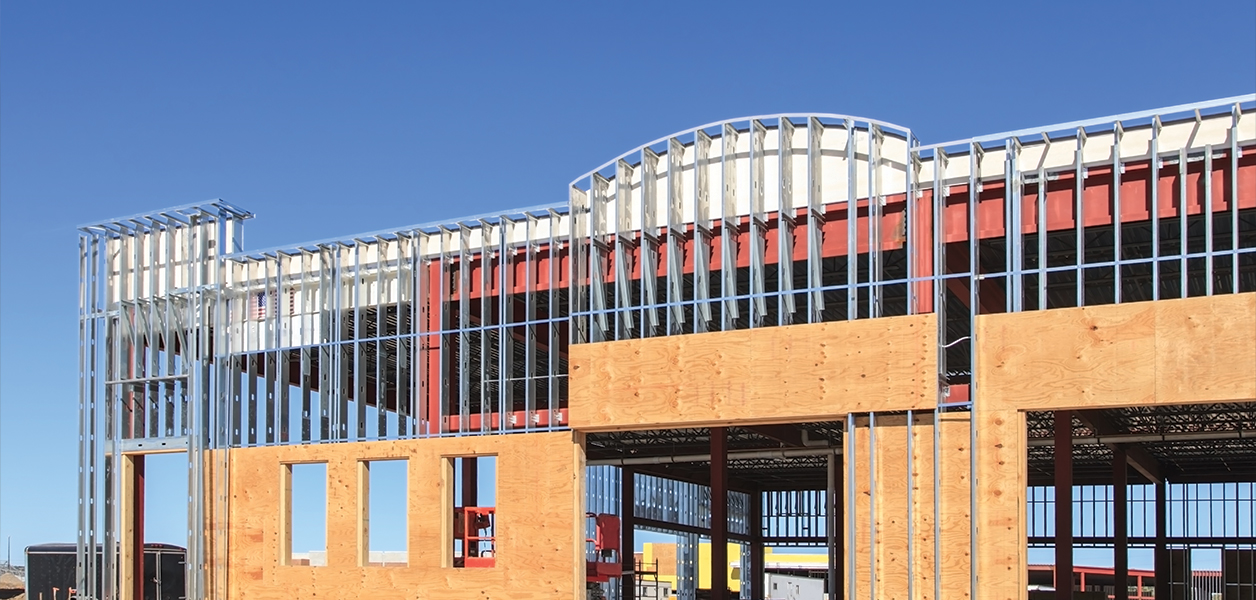More than 115 people in the U.S. die every day from opioid overdoses, and the class of prescription pain medications caused 64,000 deaths in the U.S. in 2016. The crisis is growing, and construction industry workers are particularly susceptible to it—in part because of the industry's aging workforce and the physically demanding nature of the job, which results in more workplace injuries that require medical intervention.
Construction workers in Philadelphia are making efforts to battle addiction by supporting co-workers, according to The Inquirer.
After injuring his knee on the job and refusing painkillers because of a previous struggle with addiction, construction worker Michael Rossi wondered how he could help others currently struggling with opioid addiction and contacted the president of his union.
"I'd already seen a lot of guys in the trades who ended up dying or getting thrown out of the apprenticeship program," Rossi said. "And so I asked him what we were doing about the opioids."
Rossi and a few dozen other Philadelphia construction workers now serve as peer advocates who double as recovery aides on job sites around the city. They watch for co-workers who might be showing signs of a substance use disorder and encourage them to seek treatment, or they help colleagues in recovery stay sober on the job site.
The peer advocates are volunteers trained by the Allied Trades Assistance Program (ATAP), the building trades program that refers members and their families to substance use treatment. ATAP has been in existence for 30 years, but its peer advocates program is just a year old. Advocates say they work to dispel stigma against addiction on the job site by being as open as they can about their lives, hoping co-workers will come forward.
ATAP Executive Director Ken Serviss is hoping to expand the peer advocate program by applying for federal grants, recruiting more members and training advocates to dispense Narcan, the overdose-reversing spray, on job sites.
Stigma against medication-assisted treatment for opioid addiction is strong in the construction industry, where drug testing can be frequent and employers are worried about liability. Treatment medications methadone and Suboxone, which are shown to help produce far more lasting recovery than abstinence alone, are themselves opioids used at doses that stave off cravings without producing a high. However, Serviss says if they are found on a drug test, it is grounds for getting kicked off a job site. Some advocates who got sober in abstinence-only programs are wary of opioid-based treatments, because of potential misuse, and Serviss says it can be difficult to change that mindset.
However, Serviss sees union leadership starting to pay closer attention—at union meetings, leaders are pointing out peer advocates, encouraging their workers to reach out to them and speaking about the building trades' options for substance abuse treatments.
"I think we're having a lot more success in penetrating our leadership," Serviss says, "because everyone's going to a funeral."





